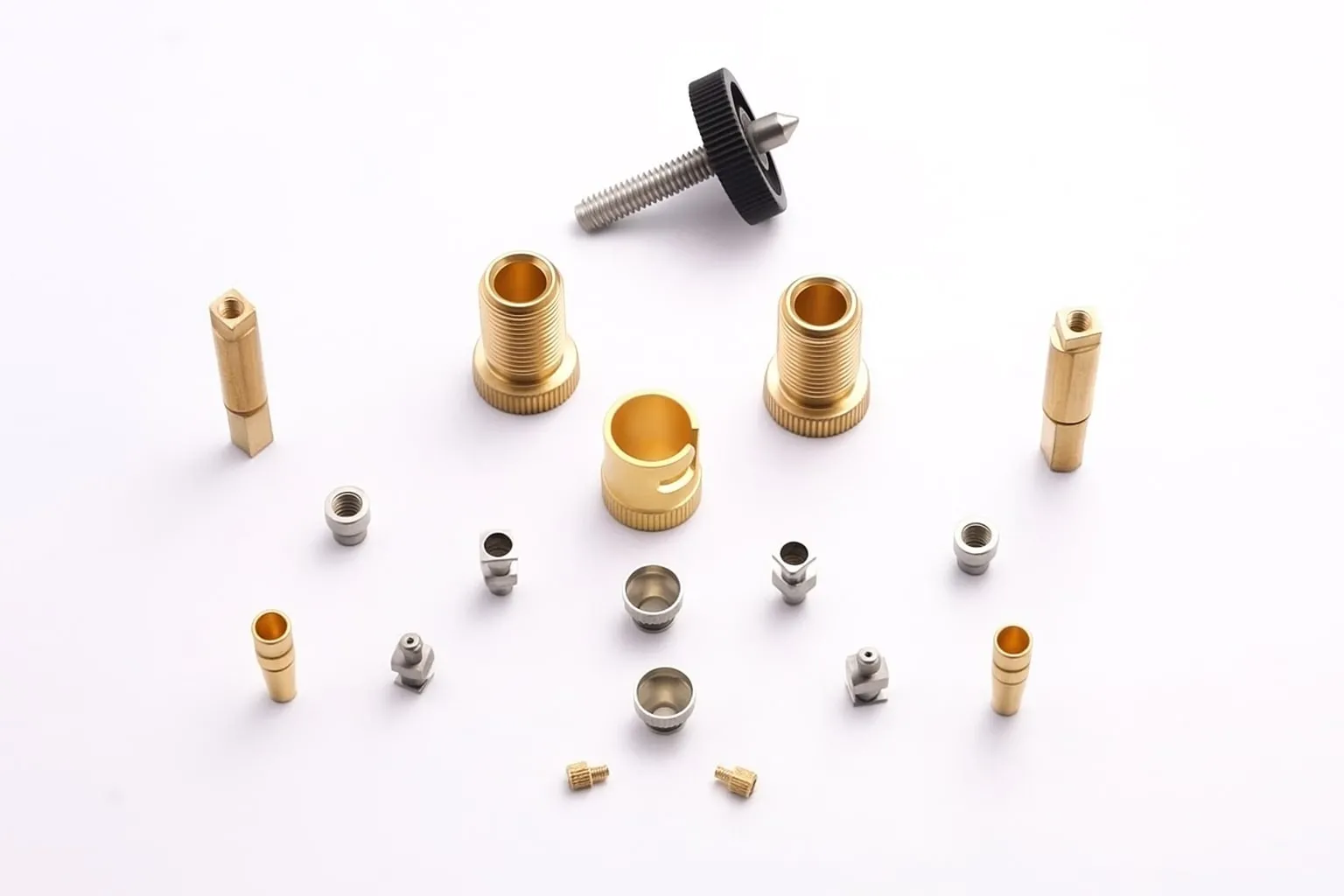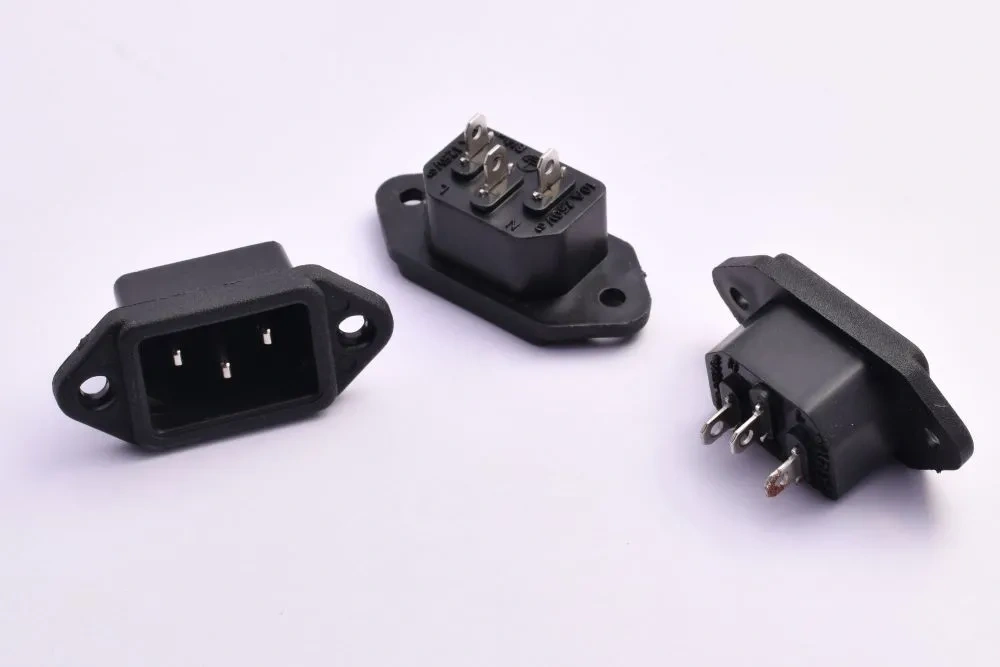Enhancing Accuracy Key Parts of Scientific Instruments

Scientific Instrument Components: Accuracy, Robustness, and Innovation
In research, diagnostics, and high-tech testing, the quality of results rests not just on advanced equipment but also on the integrity of their components. The parts of scientific instruments are the pillars of proper measurements, precise experiments, and reliable data gathering. From hospitals and laboratories to factory sites and environmental monitoring stations, these parts play a crucial role in making science and technology advance with confidence.
The Significance of Quality Instrument Components
Any scientific instrument is as good as its components. Either it's a sensor measuring subtle variations, an actuator driving motion, or an optical component directing light to precision, the functionality of the whole system depends upon the purity and accuracy of its components. Any faulty, poorly made, or incompatible components can ruin results, causing expensive mistakes, wastage of resources, and even pose safety issues.
This is why scientific instrument components are carefully designed to be capable of meeting strict performance standards. They are engineered to facilitate accuracy, strength, and reliability in a broad spectrum of applications, making them essential to contemporary science and technology.
Materials: Designed for Precision and Resilience
Material selection is vital in achieving sustained reliability. Quality scientific instrument parts are produced through:
-> Stainless Steel: Corrosion and strength resistant, and suited for laboratory and medical applications.
-> Aluminum: Strong yet light, for use where weight is of prime importance.
-> Specialized Alloys: Designed to offer specific characteristics like thermal stability, electrical conductivity, or resistance against adverse conditions.
Such materials provide not just endurance but also the accuracy necessary for delicate scientific use.
(Types of Scientific Instrument Parts)
The variability of instrument components mirrors the broad range of scientific uses that they have. Some general categories are:
1.Sensors: Measure and detect variables like temperature, pressure, or chemical content.
2.Actuators: Permit precise movement and manipulation in devices.
3.Optical Elements: Direct, focus, or otherwise manipulate light in instruments such as microscopes and spectrometers.
4.Calibration Standards: Serve as references to guarantee that instruments provide correct results over time.
All of these parts are made with customization in mind so that they can easily integrate into different instrument design and specifications.
Engineered for Precision and Durability
Precision engineering is one of the hallmarks of scientific instrument parts. These parts are designed to precise tolerances so that even minute measurement is accurate and reproducible. This is especially critical in fields such as medical diagnostics, where minute differences can influence patient outcomes, or in environmental monitoring, where data needs to be reliably constant.
Other important engineering characteristics include:
- Durability: Able to withstand repeated use and exposure to extreme environments.
- Thermal Stability: Resistant to performance deviation across fluctuating temperatures, essential for instruments being used in varying conditions.
- Compatibility: Created to fit harmoniously with various instruments and systems, avoiding the possibility of incompatible parts.
Applications Across Industries
Parts for scientific instruments are not limited to laboratories—they stretch to various industries where precision and reliability are a matter of no compromise:
I.Research Laboratories: From universities to independent R&D facilities, these sections allow for accurate measurement and controlled testing.
II.Medical Devices: Critical in diagnostic equipment like blood analyzers, imaging equipment, and monitors where reliability means lives saved.
III.Environmental Monitoring: Employed in meters measuring air quality, water cleanliness, or climatic conditions to provide reliable reporting and compliance.
IV.Industrial Testing: Incorporated into quality control equipment such that products and processes are ensured to meet the standards of safety and performance required.
Meeting Global Standards
Scientific instrument components are produced in compliance with global standards for quality, precision, and safety. This guarantees that no matter the location or business, experts can rely on these components to provide consistent results.
CONTACT DETAILS.
E-mail Us
info@accumechmetal.com
Head Office Address:
Plot No 3471, GIDC Phase - 3, Dared, Jamnagar-361004.
Call Us
+91 9033 563 91





.webp)
